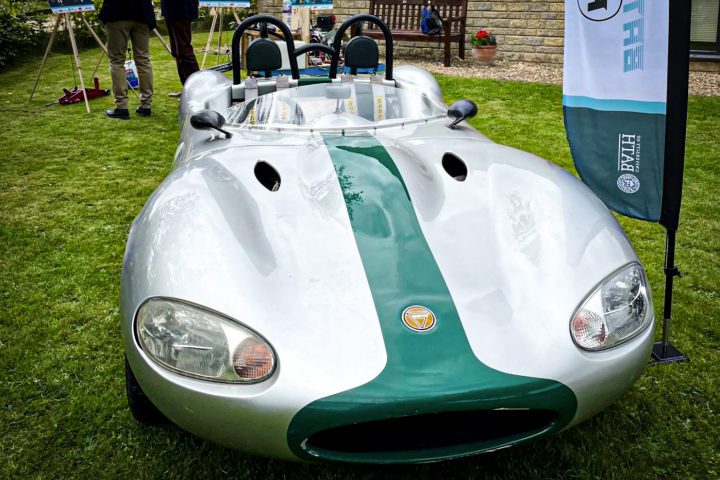Central to the environmental damage caused by plastics is the length of time they take to break down, but researchers are starting to demonstrate how naturally occurring microbes could lend a helping hand. The latest example of this comes from scientists in Austria, who have discovered a set of enzymes in the stomach fluid of cows that can break down common plastics used in textiles and packaging.
In recent years, we've looked at a number of promising studies demonstrating how bacteria could help eat away at our plastic pollution problem. These have included the discovery of a bacterium in a Japanese recycling plant that devours PET plastics for energy and carbon, and how some bacteria can even be engineered to supercharge their rates of plastic consumption. More recently, we've also seen how enzymes might be integrated into plastic at the production stage, enabling it to break down in days, or even keep itself clean.
The latest discovery in this area comes from scientists at Austria's University of Natural Resources and Life Sciences, who were drawn to the idea that a compartment of cow stomachs called the rumen might have something to offer these efforts. This is because cows are known to consume and break down natural plant polyesters as part of their diet, so the scientists suspected their digestive systems could be capable of breaking down plastics, too.
“A huge microbial community lives in the rumen reticulum and is responsible for the digestion of food in the animals,” says Dr Doris Ribitsch, of the University of Natural Resources and Life Science. “So we suspected that some biological activities could also be used for polyester hydrolysis.”
To explore this idea, the team collected rumen fluid from an Austrian slaughterhouse and incubated it with PET plastic, which is commonly used for textiles, soda bottles, food containers and packaging of everything from shampoo to pharmaceuticals. The scientists also tested the fluid's performance against a compostable plastic called PBAT and a bioplastic called PEF. All plastics were tested both in powder and film form.
The scientists found the microbial communities in the rumen fluid were able to break down all three plastic types, though the powders broke down faster than the films. The scientists had previously studied how single microbes could break down plastic, but found the rumen liquid to be much more effective. They believe this is because of the synergy of the microbial community and the combination of enzymes they produce, rather than relying on just a single enzyme.
Describing this technique as under-explored, the scientists plan to conduct further research in the area. Although the technique has only been demonstrated in the lab so far and further investigations are needed, they do see potential to scale up the approach.
“Due to the large amount of rumen that accumulates every day in slaughterhouses, upscaling would be easy to imagine," says Ribitsch.
The research was published in the journal Frontiers in Bioengineering and Biotechnology.
Source: Frontiers




